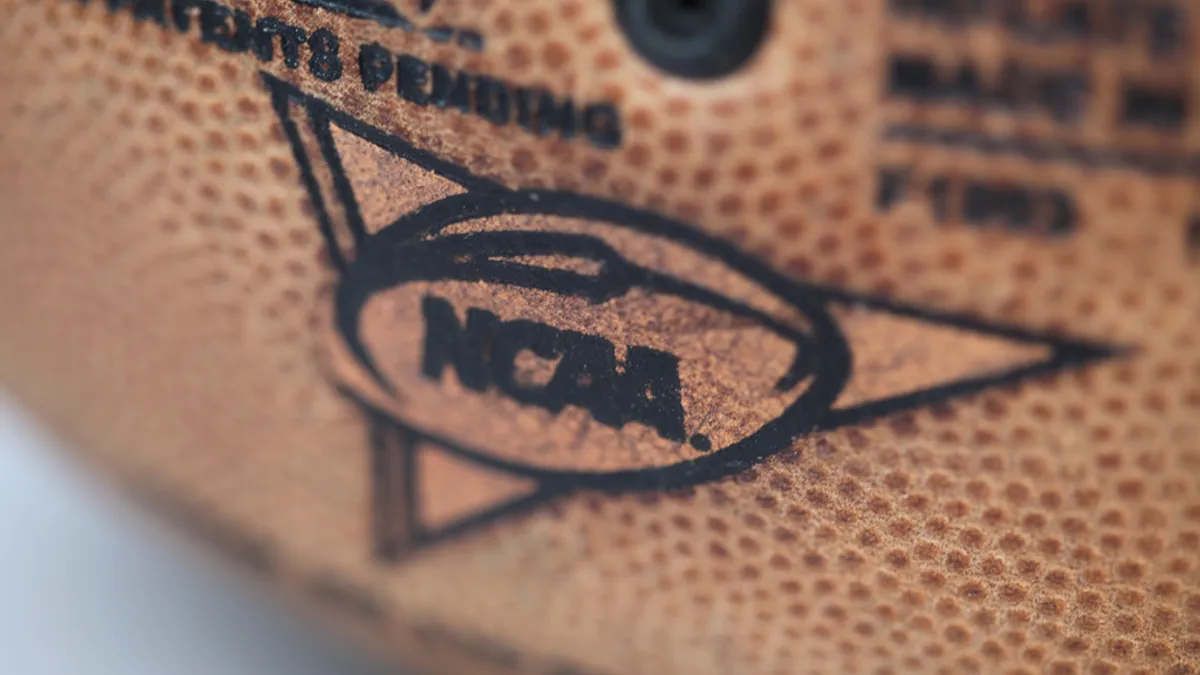Dive Brief:
- In search of sales growth, major beer producers are partnering with college football programs, which have long banned alcohol sales inside stadiums, The Wall Street Journal reported.
- West Virginia University was one of the first to sell alcohol in a college stadium. It was followed by Ohio State, Oregon State and the University of Oregon, and more recently, Texas A&M, Louisiana State, the University of Missouri and the University of Arkansas to offer public sales.
- Alcohol sales in college stadiums have cut down on alcohol-related issues and drive revenue for football programs whose game attendance is dwindling, according to The Journal.
Dive Insight:
With beer and football falling out of favor with young consumers, such partnerships hope to win them back. The NCAA reports that Division I Football Bowl Subconference game attendance has fallen for five years straight, and beer companies are seeing similar trends, with beer consumption slumping in the U.S over multiple years.
As major beer companies look to lure this demographic, they may see college stadiums as a testing ground for market research. That could include collaborations with university football programs to sponsor events, promote messages of responsible drinking or even create a co-branded brew.
On the latter point, The Journal reported that the University of Louisiana at Lafayette partnered with a craft brewer in 2015 to create Ragin' Cajuns Ale, named for the college's athletic teams. When it debuted, the university said some of the proceeds would support the university's academics, research and athletics.
Although colleges have long been wary of alcohol-related promotions and partnerships, more are allowing beer and wine sales in their stadiums. That trend is expected to continue, as the Journal's report indicates.
In May, the SEC lifted a ban on selling alcohol in its stadiums, joining other major conferences to allow schools to sell the beverages under certain conditions. The rule limits sales to beer and wine and it caps the number of alcoholic drinks per transaction, according to The Houston Chronicle.
Colleges opting to sell alcohol say it leads to fewer alcohol-related incidents, at least in part because the ability to buy a drink deters people from trying to sneak one in or binge beforehand. But institutions that have made the change are ultimately doing so to lure tailgaters and fans who may prefer to watch at home into stadium seats, according to The New York Times.










